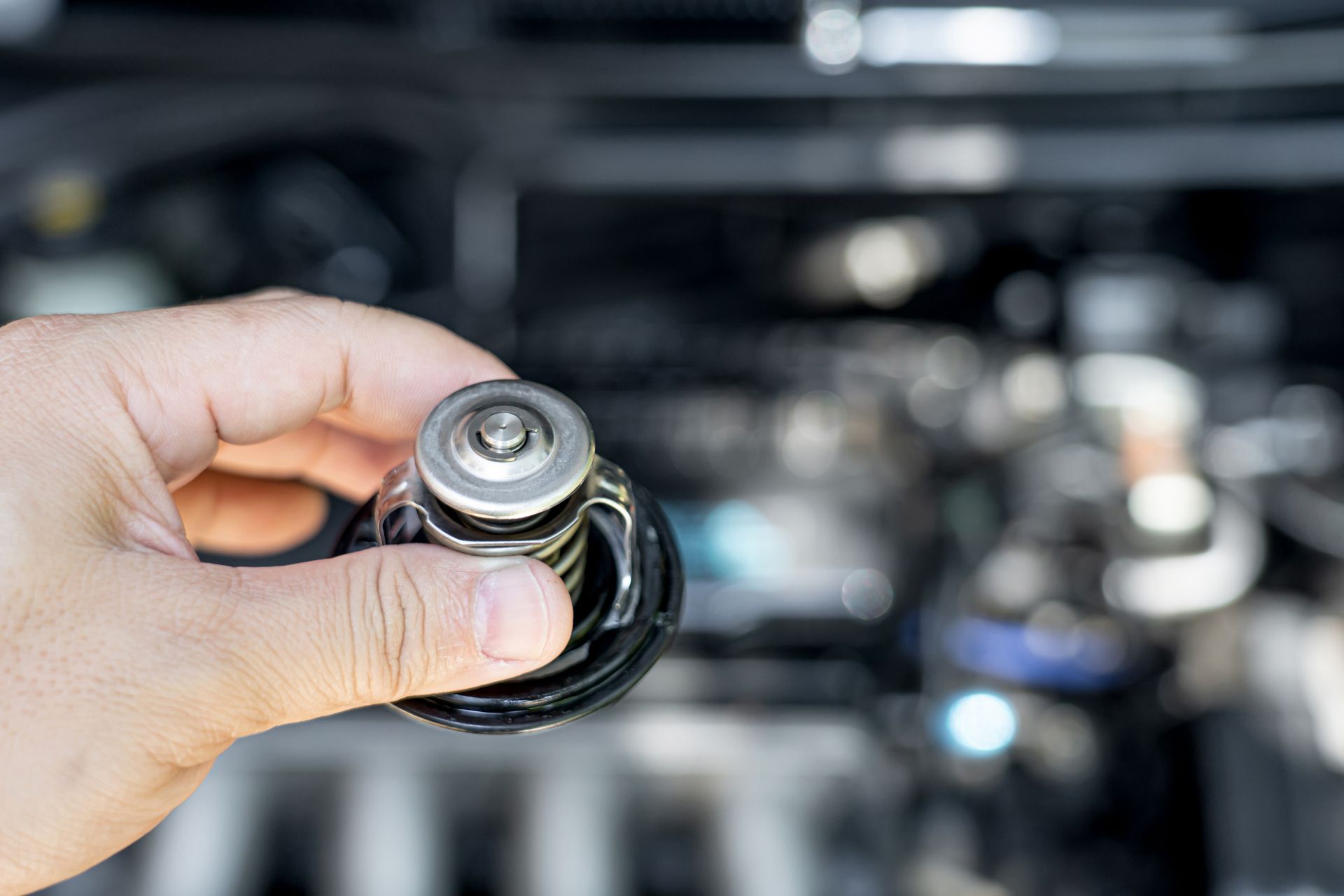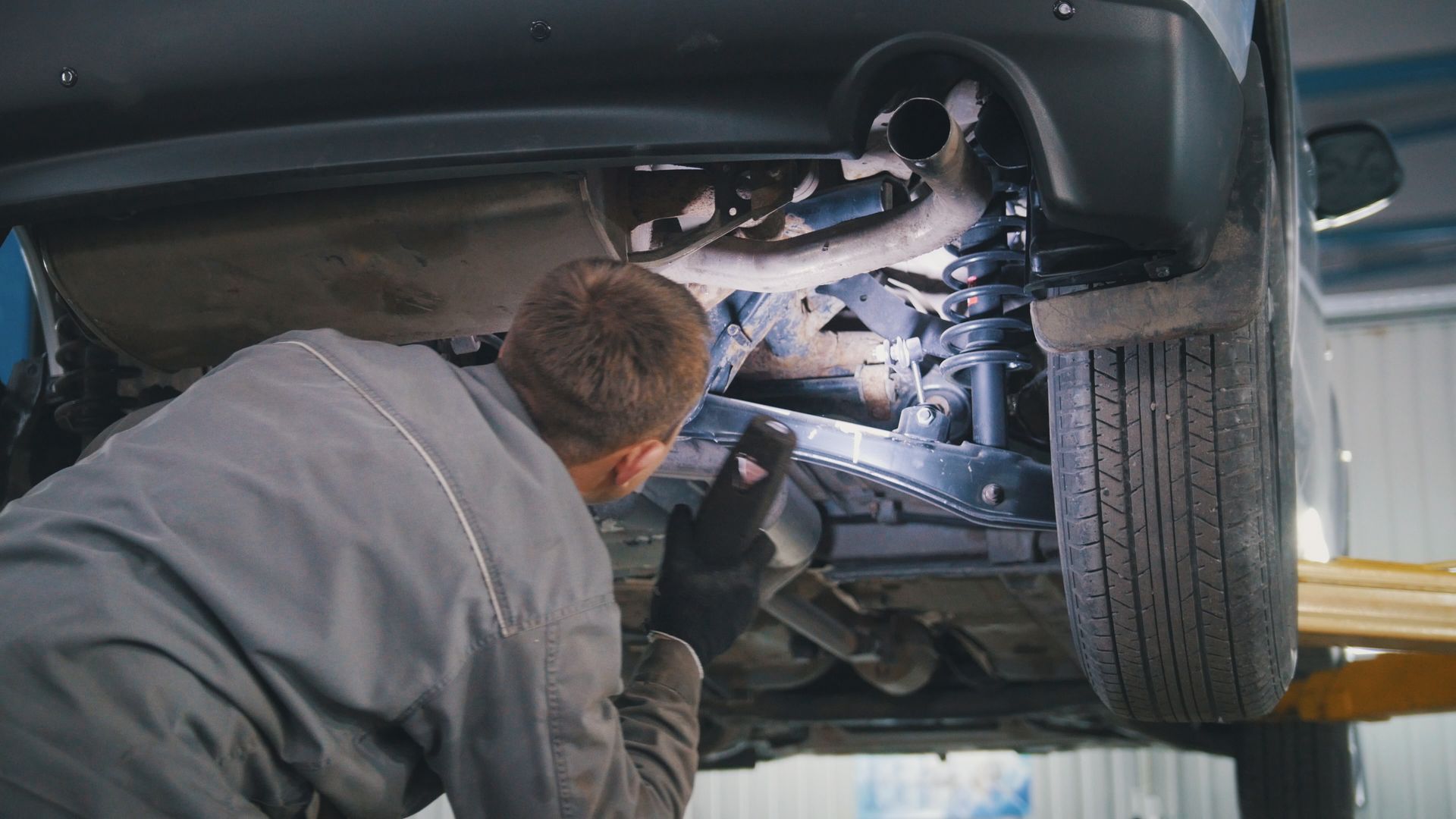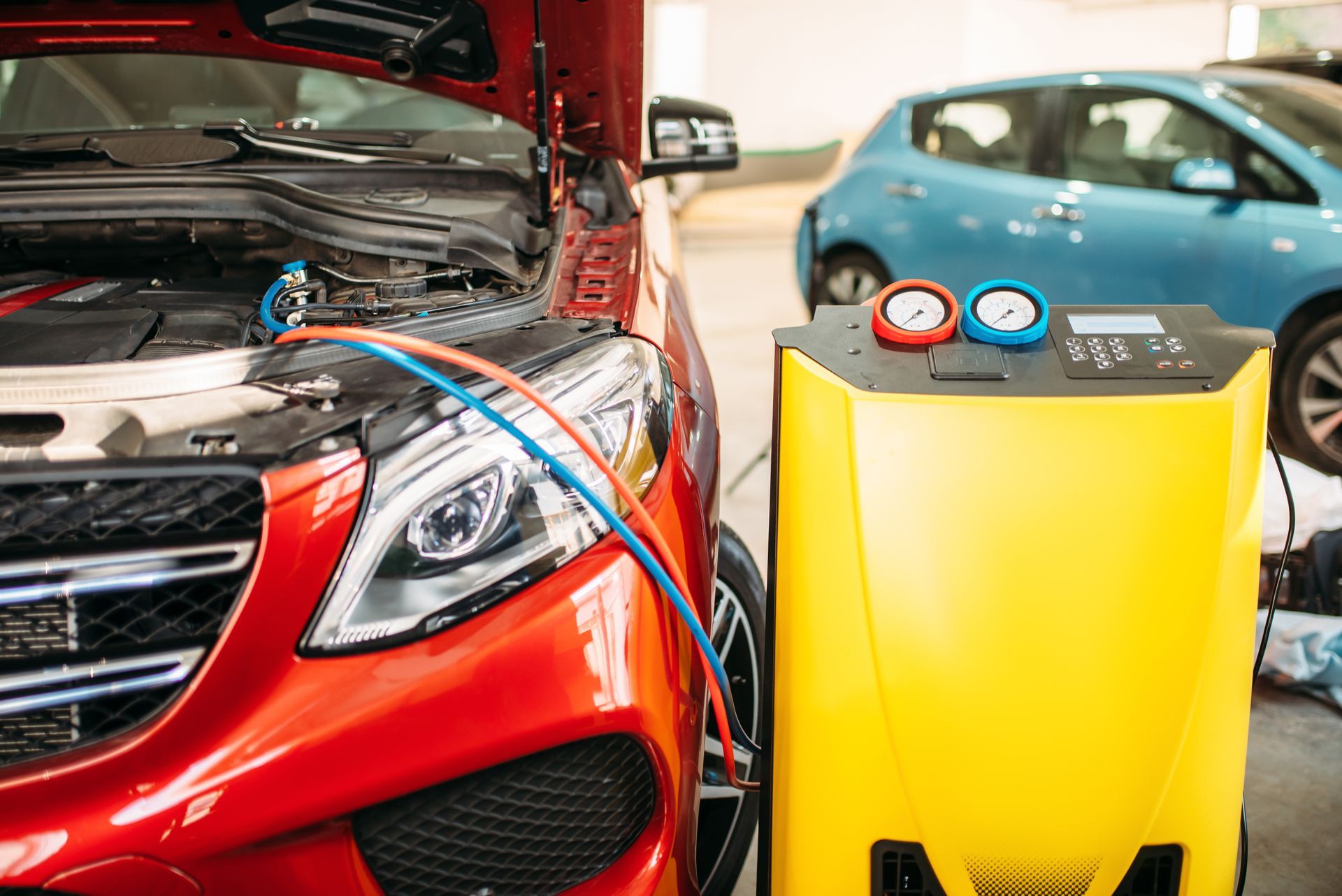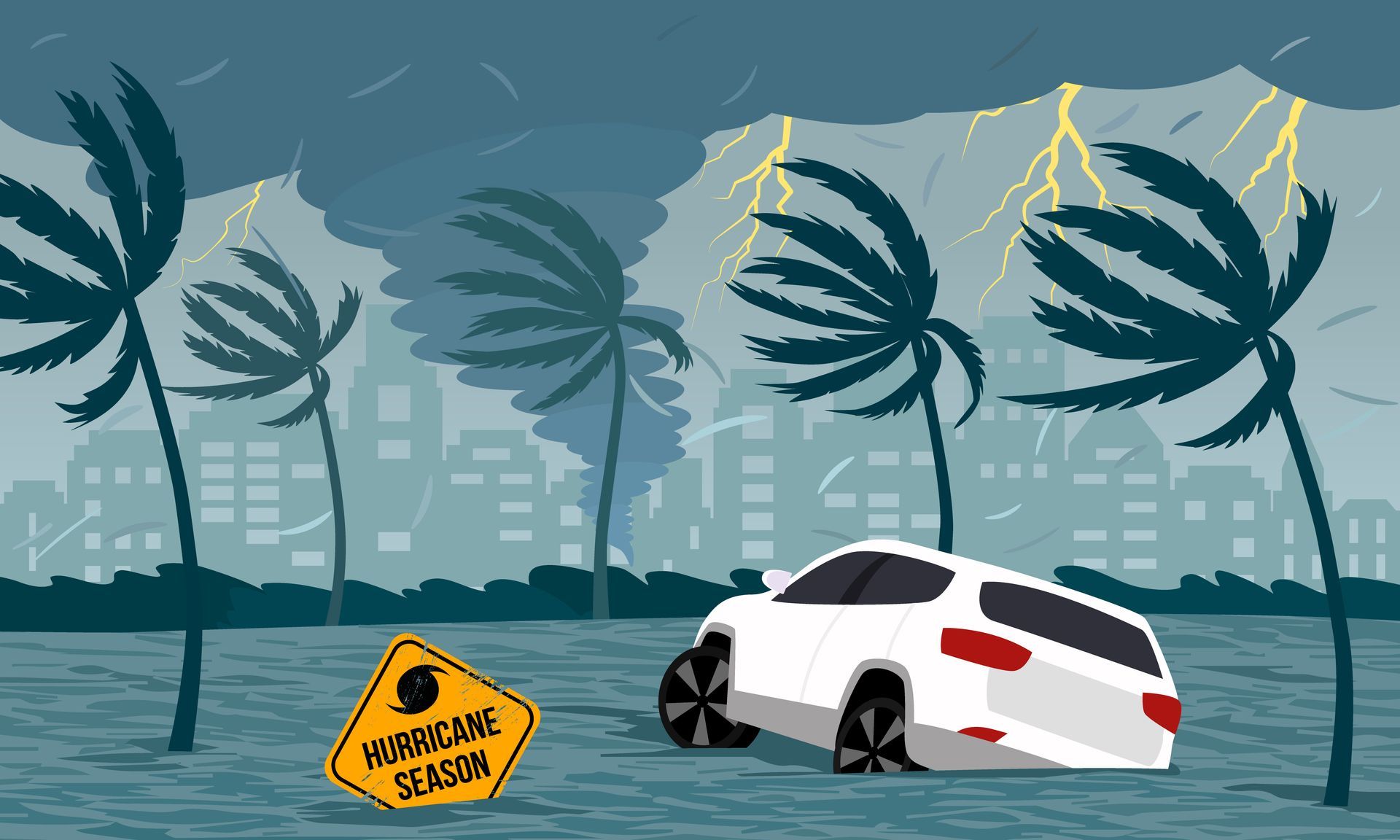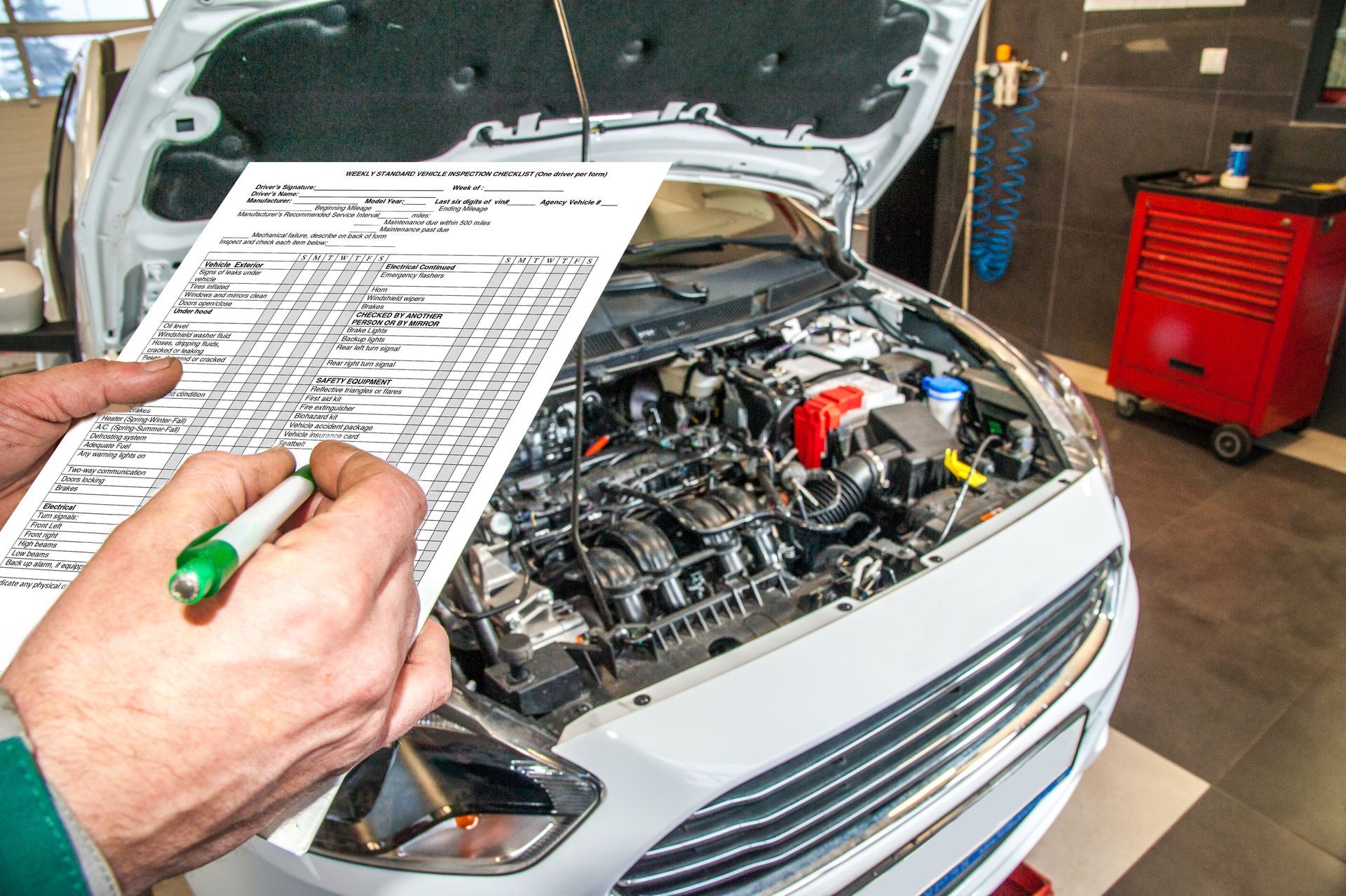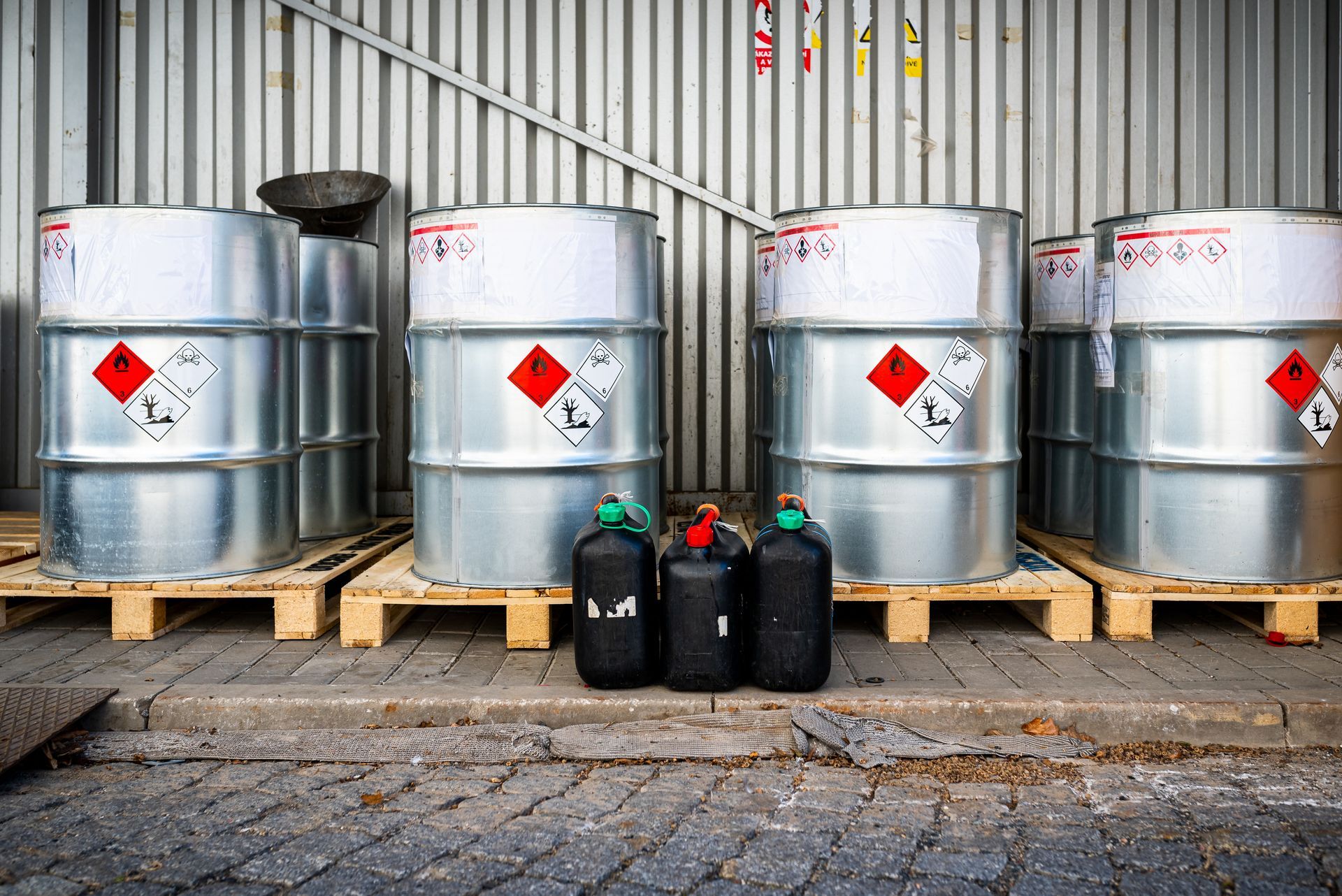When your check engine light turns on, it’s usually a sign that something needs attention soon. But if that light starts flashing, it’s a much more urgent problem. A flashing check engine light typically means your engine is misfiring in a way that could damage your catalytic converter or other critical parts. That’s not a warning to brush off or save for later. Here's what it really means and why you should get your car looked at right away.
What a Flashing Check Engine Light Really Means
Unlike a steady light, a flashing one signals active engine misfires. That means the fuel in one or more of the cylinders isn't burning properly. Unburned fuel can then enter the exhaust system, overheat the catalytic converter, and cause lasting damage. The more you drive in this condition, the greater the risk of serious repair costs.
This isn't a minor issue. Even if the car seems to run fine otherwise, a flashing check engine light means your vehicle is harming itself each time you hit the gas.
Common Causes of Misfires That Trigger a Flashing Light
There are several things that could cause your engine to misfire. It may take a professional diagnostic tool to know for sure, but these are some of the most common reasons:
Worn spark plugs or ignition coils
If the spark isn’t strong enough, the fuel-air mixture won't ignite properly, leading to rough running and misfires.
Fuel delivery issues
A clogged injector or failing fuel pump might not supply enough fuel to the engine, or the mixture might be too lean or too rich.
Vacuum leaks
A leak in a vacuum line can disrupt the air-fuel ratio, causing poor combustion and triggering a misfire code.
Bad sensors
A failing crankshaft or camshaft position sensor can throw off timing, which is critical for proper combustion.
Internal engine problems
Issues like low compression or valve trouble can also cause cylinders to misfire, especially in higher-mileage vehicles.
Is It Safe to Keep Driving
The short answer is no. Driving with a flashing check engine light, even for a short distance, increases the risk of severe damage. A misfiring engine runs roughly, can overheat parts of the exhaust system, and may eventually cause a breakdown. In the worst cases, this could turn into a costly catalytic converter replacement.
If you're near your home or a repair shop, it might be safe to carefully drive there. But if you're far away, the safest move is to pull over, turn the car off, and call for a tow. The potential cost of a tow is far less than replacing a damaged engine or exhaust system.
What to Do When You See a Flashing Check Engine Light
Don’t panic, but don’t ignore it either. As soon as you notice the light flashing:
Ease off the accelerator. Try not to accelerate hard, especially uphill or when passing.
If the engine is running rough or shaking, avoid further driving unless absolutely necessary.
Schedule a diagnostic scan with a qualified repair shop to identify the specific misfire code.
Get the issue fixed quickly to prevent further damage.
The longer you wait, the more likely other parts of the system will suffer damage. It's better to treat a flashing check engine light like a “do not ignore” sign for your vehicle’s health.
Diagnosing the Cause Quickly and Accurately
At a qualified repair shop, technicians use a scan tool to read the diagnostic trouble codes stored in your car’s computer. These codes will indicate which cylinder is misfiring and often point to the specific system or part that is failing. From there, a technician may perform more targeted tests, such as checking fuel pressure, inspecting spark plugs, or testing compression.
What seems like a mysterious dashboard light is actually your car giving very specific clues about where the problem lies. The key is getting the right professional help to translate those clues into action.
Trust Mr. Best Wrench in Jacksonville, FL for Reliable Check Engine Light Repairs
If your check engine light is flashing, it’s not something to ignore or delay. At Mr. Best Wrench in Jacksonville, FL, our experienced technicians will run a complete diagnostic, explain what’s going on, and make the necessary repairs to protect your engine and exhaust system. Whether it’s a simple ignition issue or something more complex, we’ll get you back on the road with confidence.
Stop in or call to schedule service today. Catching engine problems early saves time, money, and bigger headaches later on.

